In the journey of software development, understanding the importance of Quality Metrics is crucial.
These data provide valuable insights for strategic and effective decision-making, ensuring the quality and success of projects.
But why measure quality?
Measuring quality through software metrics is essential to ensure that developed products meet user expectations and business goals. By using specific metrics, development teams can gain a clear understanding of the current state of the software and identify areas that need improvement. These metrics not only help assess the quality of the product itself but also provide valuable insights to optimize development processes, increase team efficiency, and reduce long-term costs.
Thus, software metrics not only enable a data-driven approach to ensure software quality but also empower teams and clients to make informed and proactive decisions to achieve higher standards of excellence in software development.
1. Objective assessment of software quality
Quality Metrics allow us to quantify and qualify software objectively, providing a solid foundation for analysis.
2. Fact identification
Metrics help identify facts and issues clearly and accurately, allowing for a deeper understanding of the project’s status.
3. Better decision-making, with data instead of perceptions
Instead of basing decisions on subjective perceptions, Quality Metrics provide concrete data, facilitating more informed decision-making.
4. Standardized and agreed-upon way of collecting relevant data for software stakeholders
Additionally, they establish a standardized and agreed-upon way of collecting relevant data for all stakeholders, ensuring consistency and clarity.
5. Early identification of problems in the development cycle
Metrics allow us to identify potential problems early in the development cycle, enabling quick and efficient corrective action.
6. Ensuring customer satisfaction
Thus, by meeting customer expectations in software development, it’s possible to ensure their satisfaction and loyalty.
How to decide what to measure?
To decide which Software Quality Metrics should be collected, it’s important to follow some fundamental steps that will help identify critical areas of the project, as well as establish an effective strategy to ensure software quality.
1. Identify project and client objectives
It’s crucial to clearly understand the project objectives and client needs to determine the most relevant metrics.
2. Identify stakeholders
Identifying all stakeholders and their expectations regarding software quality is essential to choose the appropriate Quality Metrics.
3. Define quality criteria
Define clear and measurable quality criteria that the software must meet.
4. Analyze processes and identify areas that can benefit from metrics
Examine software development processes and identify areas that can benefit from metric measurement.
5. Select the most relevant and significant software quality metrics
It’s important to base on identified objectives, requirements, and processes to select the most relevant Quality Metrics.
6. Prioritize selected metrics
Prioritize selected metrics according to their importance and impact on project objectives.
7. Define collection and analysis methods
Establish clear and consistent methods for collecting and analyzing the chosen metrics.
8. Set goals and benchmarks for each metric
Define clear goals and benchmarks for each metric, allowing for an objective evaluation of software performance.
9. Communicate and involve stakeholders
Communicate and involve all stakeholders to ensure the relevance and acceptance of selected Quality Metrics.
Testing Metrics
To ensure software quality, in the testing phases, there are some important Quality Metrics to consider:
- Coverage of functional and non-functional requirements, features, and/or user stories.
- Coverage of identified risks and code – percentage of tested code.
- Approval and rejection rate of test cases or user stories.
- Approval and rejection rate in the test cycle.
- Return on investment (ROI), efficiency, and test automation coverage.
By considering these metrics, development teams can make more informed decisions and ensure the delivery of high-quality software.
Defect-related Metrics
There are several important metrics to consider related to defects, as they provide crucial information about software quality and help identify areas that need attention during the development process.
For example, the number of defects found in development, found by the client, and defects per test case or user story.
Average time to fix, considering priority and complexity. First-time fix rate (FTFR) and defect resolution effectiveness.
These metrics are essential because they provide information about the effectiveness of the development process, thus allowing early problem identification and facilitating corrective actions.
Process-related Metrics
Finally, concerning software development processes, there are some relevant time-related metrics:
- Average time between production incidents.
- Incident response time.
- Cycle time – for user stories, bugs, features.
- Lead time.
Compliance with the process can also be measured through audits that analyze artifacts produced during software development.
These Quality Metrics are essential to ensure the effectiveness of software development processes, identifying areas for improvement and ensuring the delivery of high-quality products.
Get the best out of Quality Metrics
At Monitora, a company of the Marlabs group, we understand the importance of collecting Software Quality Metrics.
From why to measure to how to decide what to prioritize, we offer a comprehensive approach.
We are prepared to assist our clients with relevant, objective, and clear data for a well-founded decision-making.
Contact one of our specialists and rely on Monitora to boost the quality and success of your software projects.



